When it comes to riding confidently on the trails, having reliable and powerful brakes is paramount. In this review, we’re putting two heavy hitters head-to-head: the Hayes Dominion A4 and the SRAM Code RSC. Both are four-piston brake systems designed for demanding mountain biking, but they each bring their own strengths to the table. Let’s dive into the comparison.
Lever Feel and Modulation:
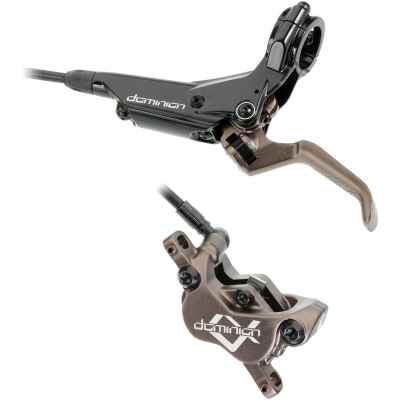
Hayes Dominion A4:
- The Dominion A4 brakes are renowned for their precise lever feel and modulation.
- They offer a consistent and progressive engagement, allowing riders to finely control braking force.
- Whether you need feather-light control on a tricky technical section or full power for a sudden stop, the Dominion A4 delivers.
SRAM Code RSC:
- The Code RSC brakes share the same precision in lever feel.
- Riders appreciate the consistent and predictable modulation, especially in high-stress situations.
- Tool-free contact point adjustment lets you fine-tune the lever engagement to your liking on the fly.
Stopping Power:
Hayes Dominion A4:
- The Dominion A4 brakes provide ample stopping power for a wide range of riding styles.
- They strike a good balance between power and control, making them versatile on various terrains.
- Perfect for riders who want to tackle technical descents without overcompensating on the brakes.
SRAM Code RSC:
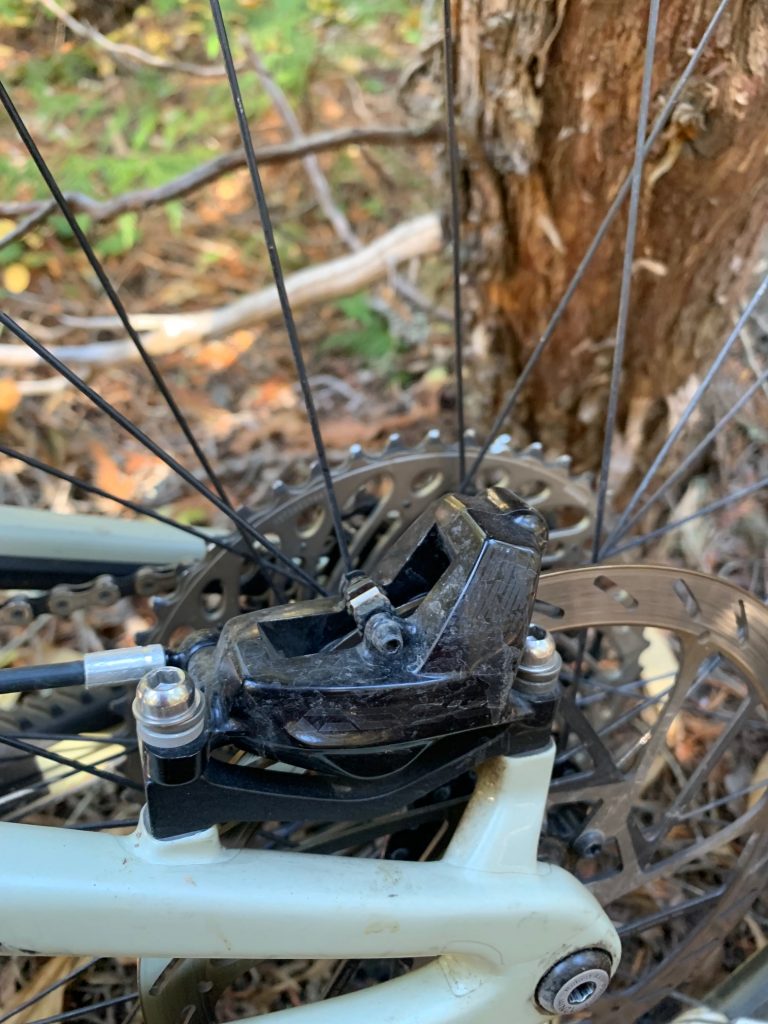
- Code RSC brakes are known for their exceptional stopping power, often considered among the strongest in the industry.
- They excel in aggressive downhill and enduro riding, offering the confidence to conquer steep descents with ease.
- If you need to scrub speed quickly in technical sections, the Code RSC is your go-to choice.
Caliper Design and Heat Management:
Hayes Dominion A4:
- The four-piston caliper design on the Dominion A4 provides consistent and reliable braking performance.
- It effectively manages heat, reducing the risk of brake fade during extended descents.
- The calipers are designed to deliver consistent power even in demanding conditions.
SRAM Code RSC:
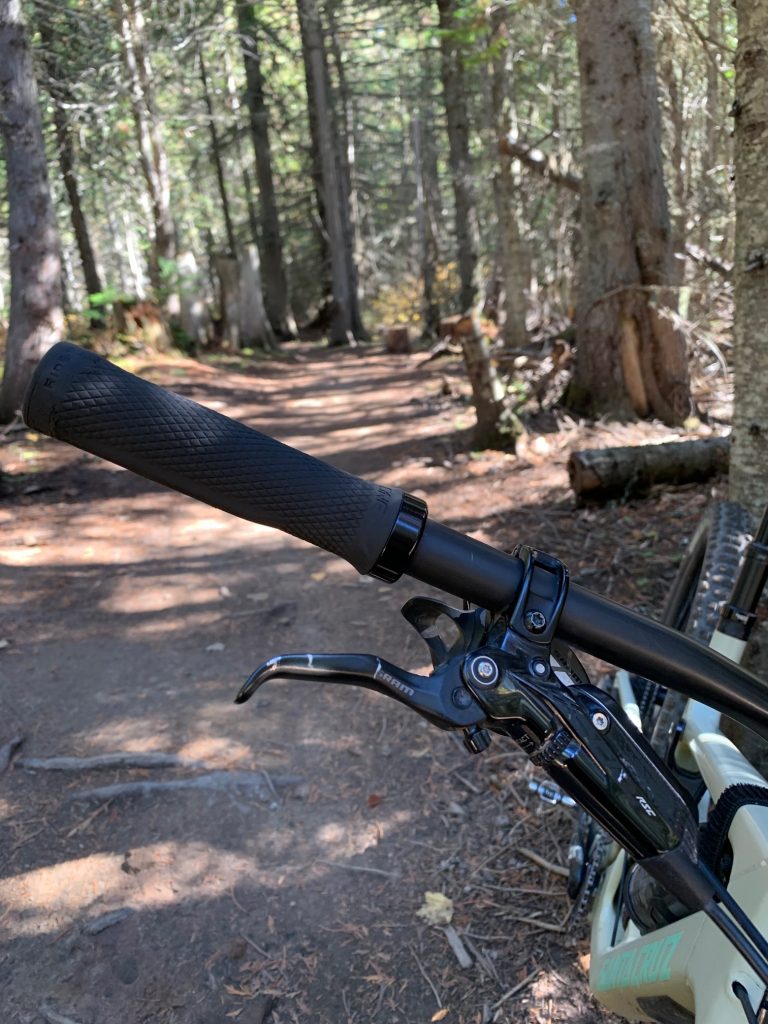
- Like the Dominion A4, the Code RSC features a four-piston caliper design that delivers strong and consistent braking power.
- It’s engineered to resist heat buildup on prolonged descents, ensuring that your brakes maintain their performance throughout the ride.
- Designed for riders who demand durability and reliability in challenging terrain.
Maintenance and User-Friendliness:
Hayes Dominion A4:
- Hayes provides straightforward maintenance instructions, with bleed kits and replacement parts readily available.
- Maintenance is user-friendly, making it accessible to riders of various skill levels.
SRAM Code RSC:
- SRAM offers comprehensive maintenance guides, and bleed kits and replacement parts are widely accessible.
- The tool-free contact point adjustment makes it convenient for riders to customize their brake feel without the need for special tools.
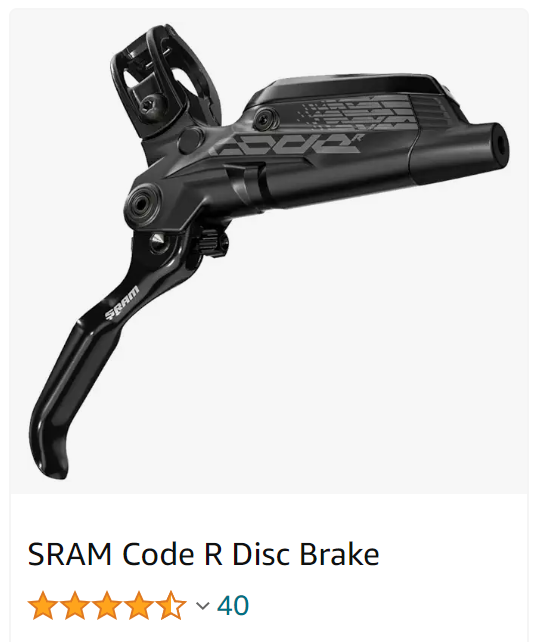
Conclusion: Choosing between the Hayes Dominion A4 and SRAM Code RSC brakes ultimately comes down to your riding style and terrain preferences. The Dominion A4 offers exceptional modulation and control, making it versatile for a wide range of riding styles. On the other hand, the Code RSC delivers unmatched stopping power, making it the ideal choice for aggressive downhill and enduro riding. Whichever you choose, you can ride with confidence knowing you have a high-quality brake system on your side.
Pros and Cons:
Hayes Dominion A4:
- Pros: Precise modulation, versatile performance, reliable heat management.
- Cons: Less stopping power compared to the Code RSC in extremely steep descents.
SRAM Code RSC:
- Pros: Exceptional stopping power, consistent modulation, tool-free contact point adjustment.
- Cons: May feel overly powerful for riders who prefer finesse over brute force.
Final Thoughts: Both the Hayes Dominion A4 and SRAM Code RSC are excellent brake systems, each with its unique strengths. Consider your riding needs and style, and match that with the characteristics that matter most to you. With either of these brakes, you’ll have the confidence to tackle the gnarliest trails with ease.
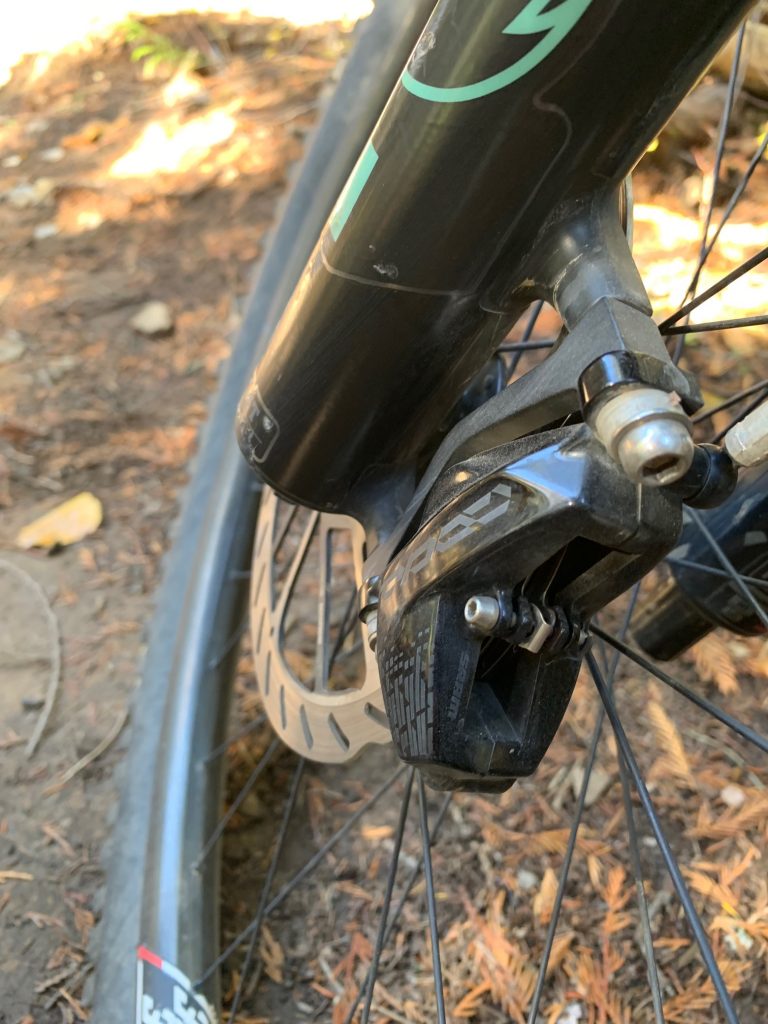
My personal experience with the SRAM Code RSC is that the bite point changes quickly after a bleed, and the contact point adjustment is useless. The contact point will back-off and make the contact point move in closer to the bar, but if you follow the bleed instructions from the SRAM website it renders your contact point adjustment useless if you want to tighten the lever. The modulation control with these brakes is poor. They are either full on Stop, or not. Not much middle ground. And on steep descents brute force is required resulting in tired hands. And in turn, one of the caliper pistons often becomes stuck. I spend a lot of time cleaning them and ensuring that they are working properly and not rubbing the rotor while pedaling. Saying all this, they work. I have ridden thousands of Kilometers with these brakes and they have never left me without stopping power.
